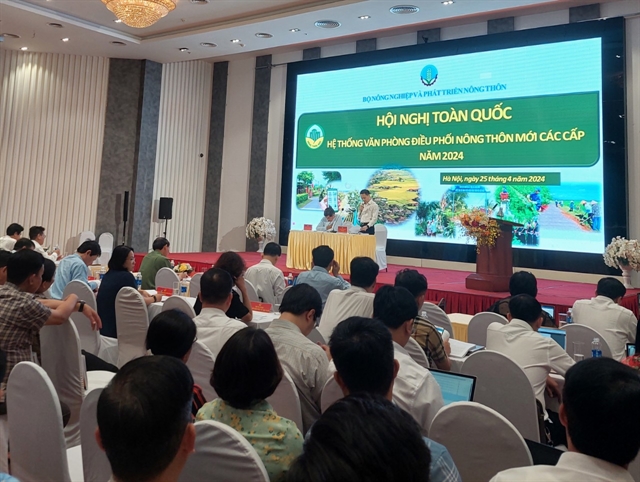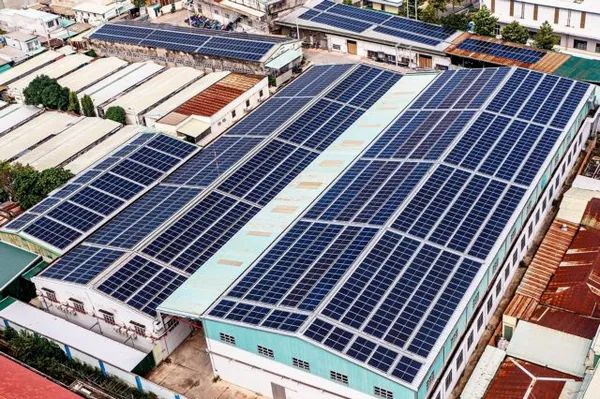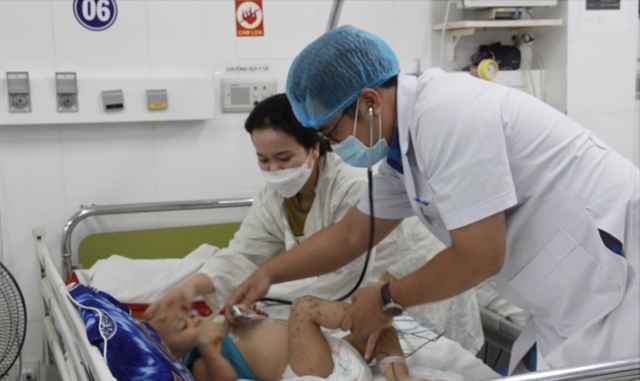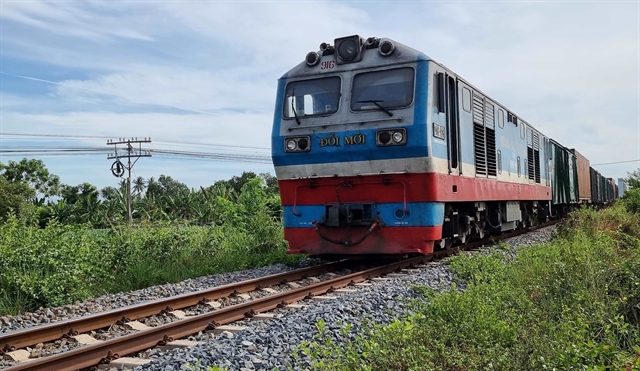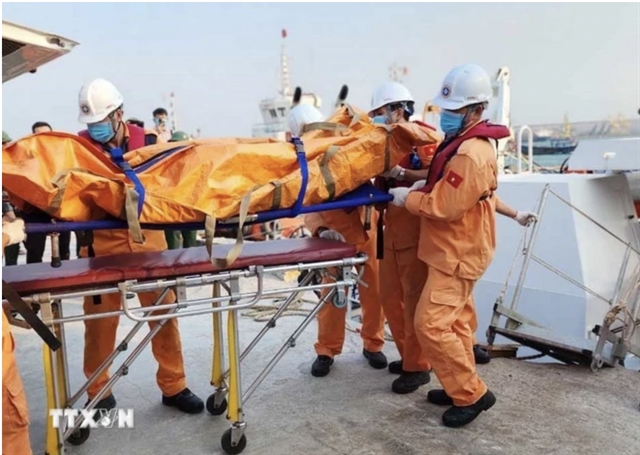 Society
Society

The rapid increase in the number of Việt Nam-trained PhD holders over the past decade coupled with shortcomings revealed in training have stirred public concern, urging the Ministry of Education and Training to tighten management over doctoral training.
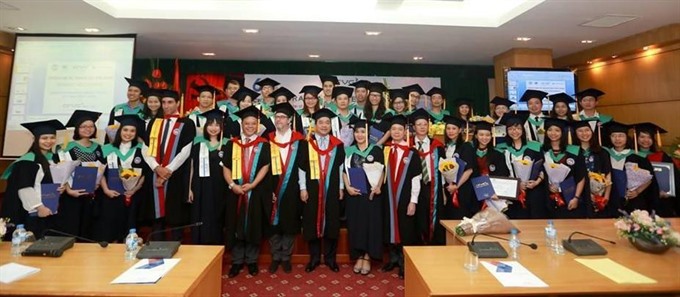 |
| The rapid increase in the number of Việt Nam-trained PhD holders over the past decade coupled with shortcomings revealed in training have stirred public concern, urging the Ministry of Education and Training to tighten management over doctoral training. — Photo cfvg |
HÀ NỘI — The rapid increase in the number of Việt Nam-trained PhD holders over the past decade coupled with shortcomings revealed in training have stirred public concern, urging the Ministry of Education and Training to tighten management over doctoral training.
Early this year, the Graduate Academy of Social Sciences sparked public alarm when it was found to have set a quota of enrolling up to 350 PhD students annually.
The quality of doctoral training at the academy was also questioned when the topics of many PhD holder’s theses were not up to academic standard.
According to the Ministry of Science and Technology, Việt Nam has more than 24,000 PhD holders. Among these, 15,000 work as professors across the country.
There are currently 971 doctoral programs at 158 graduate institutions in Việt Nam, 114 of which are universities with the rest research academies. These facilities trained 13,598 PhD fellows during the 2015-2016 academic year.
Doctoral training has helped improve the academic environment of the country and supply high-quality human resources for universities and research institutes.
However, the Ministry of Education and Training (MoET) admitted that doctoral training quality failed to meet demand. The increase in training scale led to “PhD inflation”.
Meanwhile, training conditions and facilities are underdeveloped.
Deputy Minister of Education and Training Bùi Văn Ga told Tuổi trẻ (Youth) newspaper that the quality of doctoral programs in Việt Nam varied among institutions. The most common shortcomings included a lack of professors, research facilities and materials.
The ministry found that some institutions paid too much attention to increasing the number of PhD fellows while ignoring training quality.
In 2011, the ministry decided to terminate 101 doctoral programs at 35 facilities in the country for low training quality.
At a dialogue held by the MoET and Tuổi trẻ newspaper on Thursday on improving doctoral training quality in Việt Nam, Deputy Minister Ga said the ministry would consider adjusting doctoral training regulations to restrict evaluation processes at training institutions.
The ministry proposed increasing training costs to help facilities deal with difficulties, he said in response to concerns that the big difference in doctoral training costs between Việt Nam and other countries affected training quality.
Annual tuition fees for a doctoral programme in Việt Nam are capped at just VNĐ15 million (US$670), compared to an average cost of $15,000 per year in other countries.
Many participants said the lack of funds led to a shortage of research facilities and materials at many institutions. It would also make it more difficult for institutions to send PhD fellows abroad to attend international conferences.
Some participants proposed specific standards for enrollment, including foreign language competence and research capacity to improve training quality. — VNS


